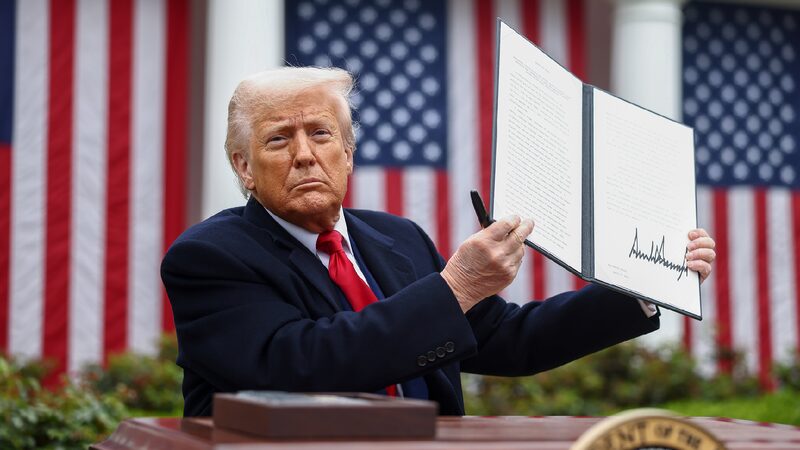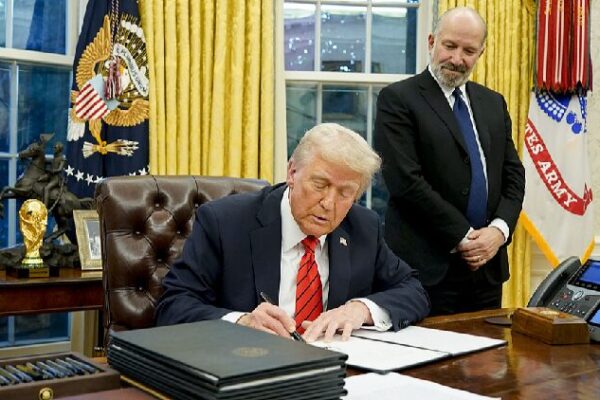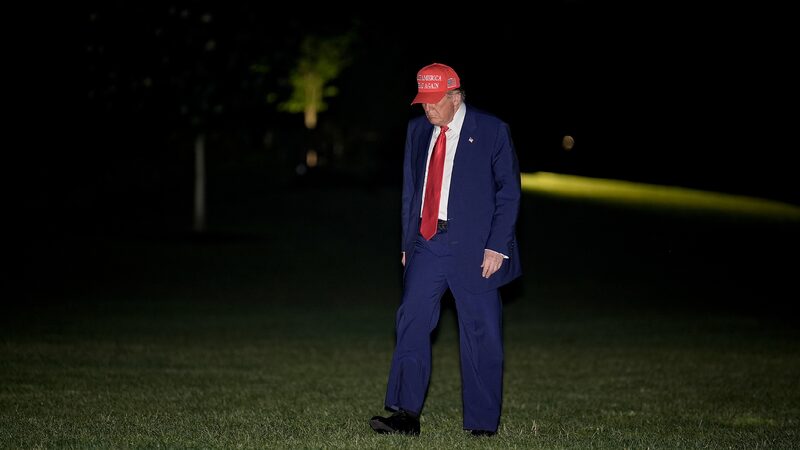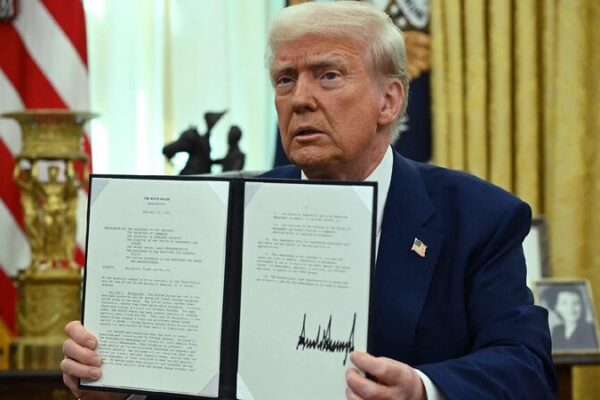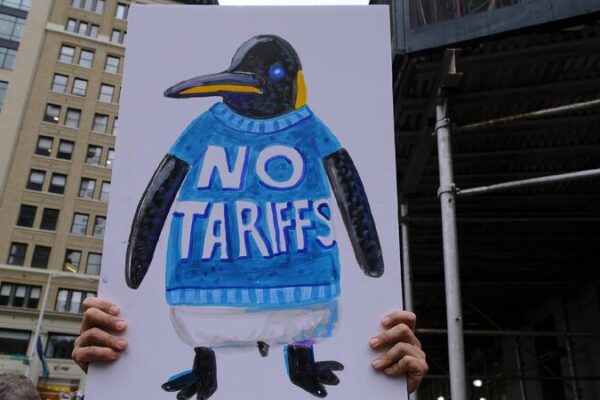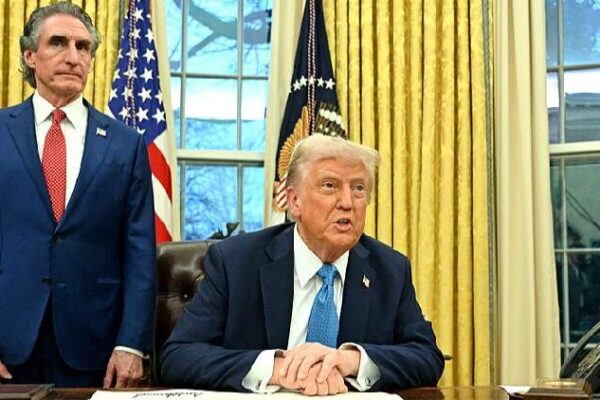Recent moves by the U.S. administration to impose tariffs on imports have raised concerns about potential negative impacts on both the American economy and the global market. While the idea behind these tariffs is to protect U.S. industries and reduce trade deficits, experts warn that such measures could actually backfire.
The tariffs, labeled as “reciprocal,” aim to make the U.S. more competitive. However, they have already sparked retaliatory actions from major economies like China and the European Union. These countries have implemented their own tariffs on American goods, leading to a trade standoff that could have widespread implications.
One significant concern is the effect on the U.S. manufacturing sector. Recent data shows a slowdown in domestic factory activity, with the Institute for Supply Management’s Manufacturing Index dropping below the threshold that indicates expansion. This contraction is a troubling sign for an economy that is already facing challenges.
Furthermore, the tariffs could lead to higher prices for everyday goods. American consumers might have to pay more for products like cars and food due to increased production costs passed down from manufacturers affected by the tariffs. Reports suggest that the additional costs could range from a few thousand dollars for certain cars to even more for imported models.
The impact isn’t limited to the U.S. Increased global uncertainty may dampen enthusiasm for investing in the American market, potentially reducing exports and harming industries that rely on international sales. The ripple effects of a trade war could slow down global economic growth and even risk triggering recessions in some countries.
Instead of fostering economic stability, these tariffs might lead to a fragmented global trade system. As countries respond with their own protective measures, the cycle of retaliation can harm all parties involved. Reduced trade volumes and strained international relationships are outcomes that could have long-lasting effects.
It’s crucial for policymakers to consider the broader implications of trade policies. Collaborative solutions and open dialogue may be more effective in addressing trade imbalances without causing unnecessary harm to the global economy.
Reference(s):
Why will U.S. tariffs hurt all economies including that of the U.S.?
cgtn.com

